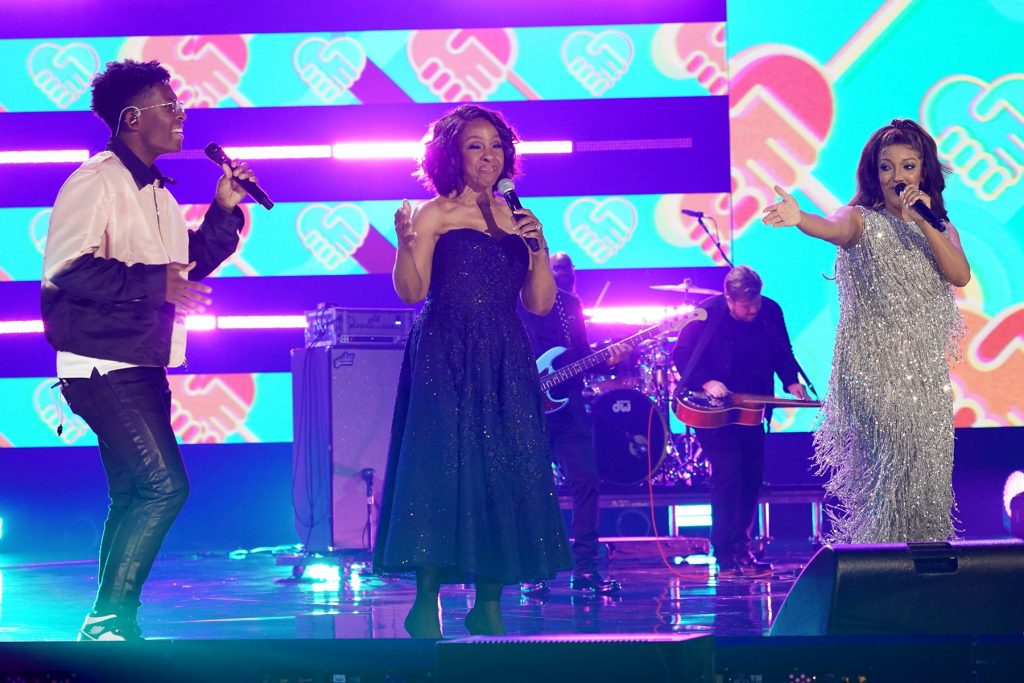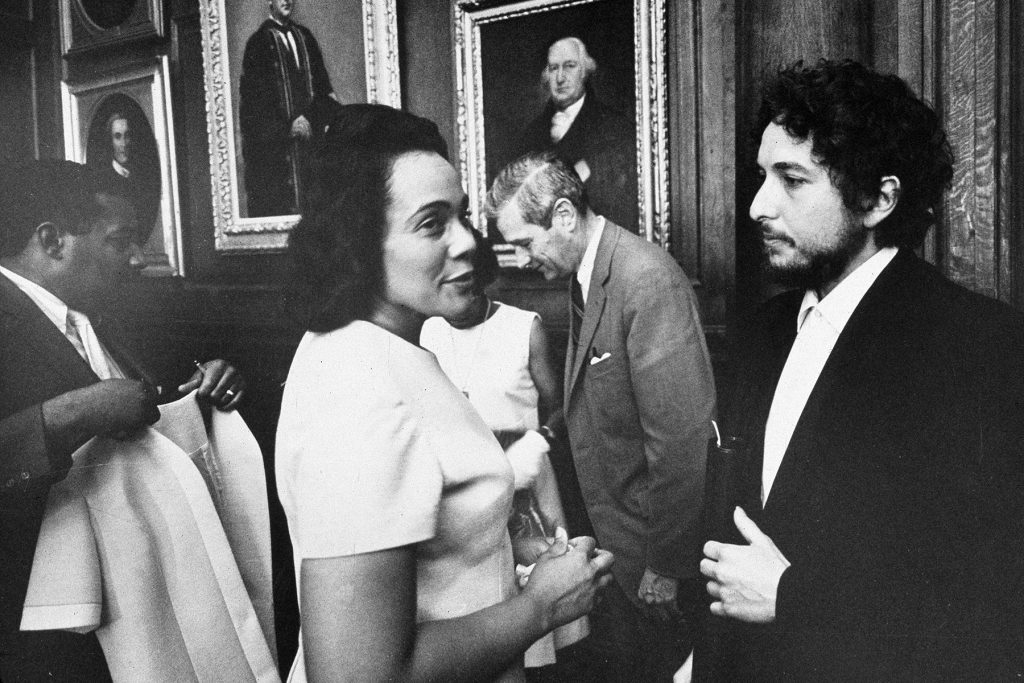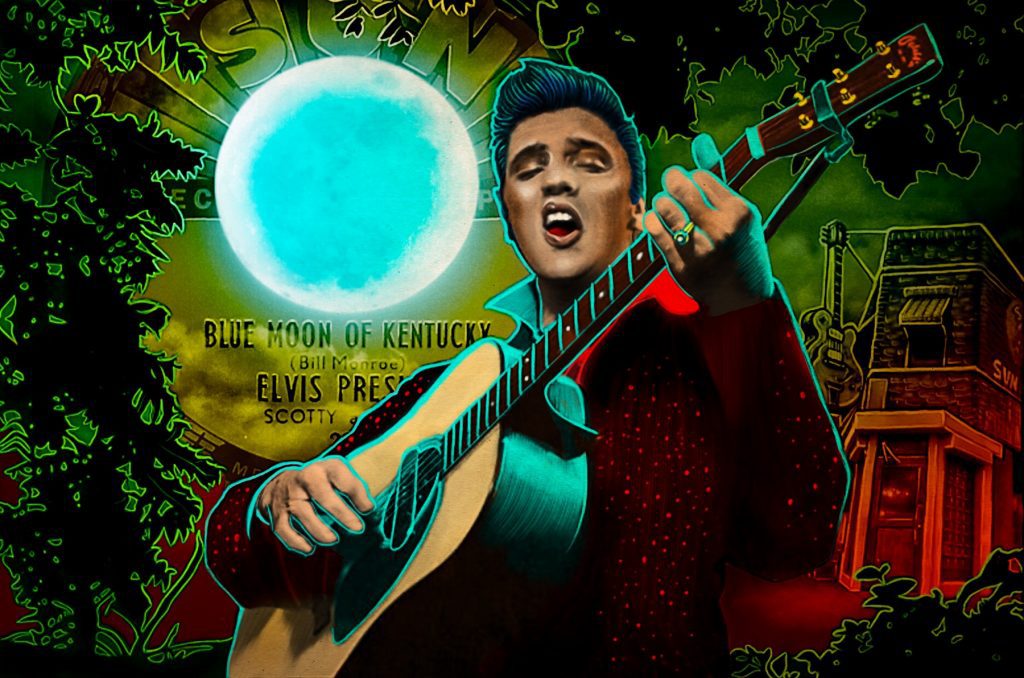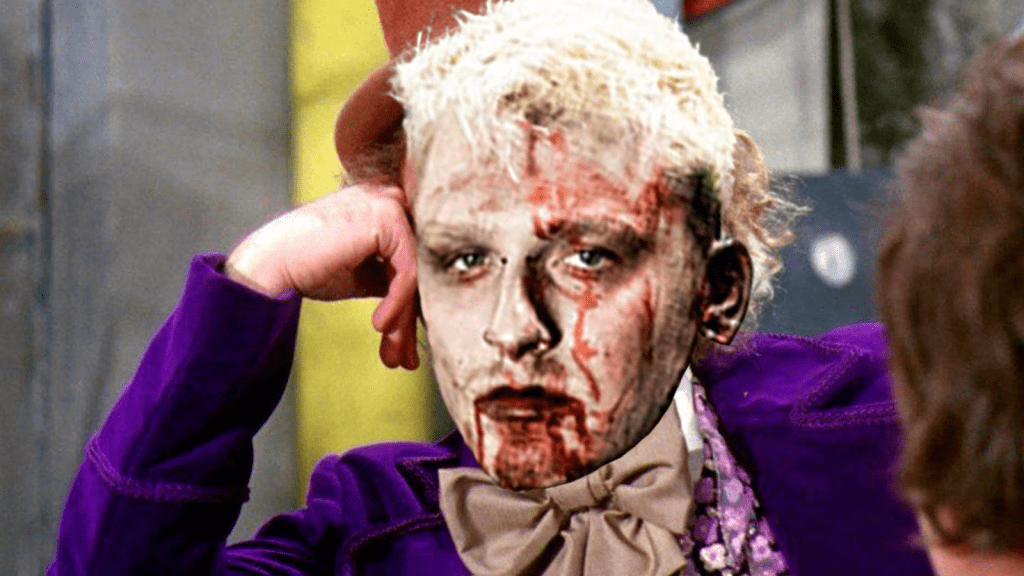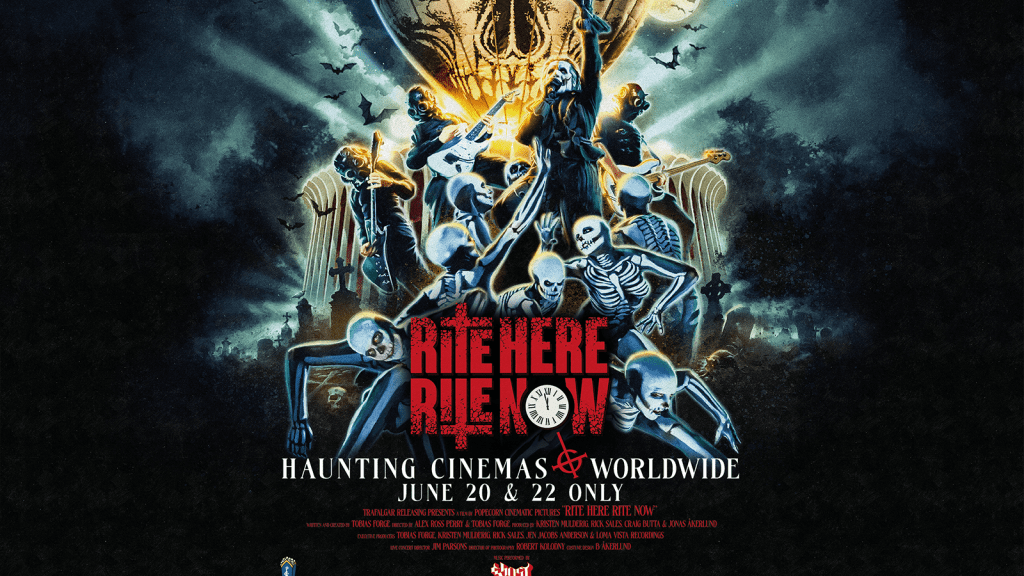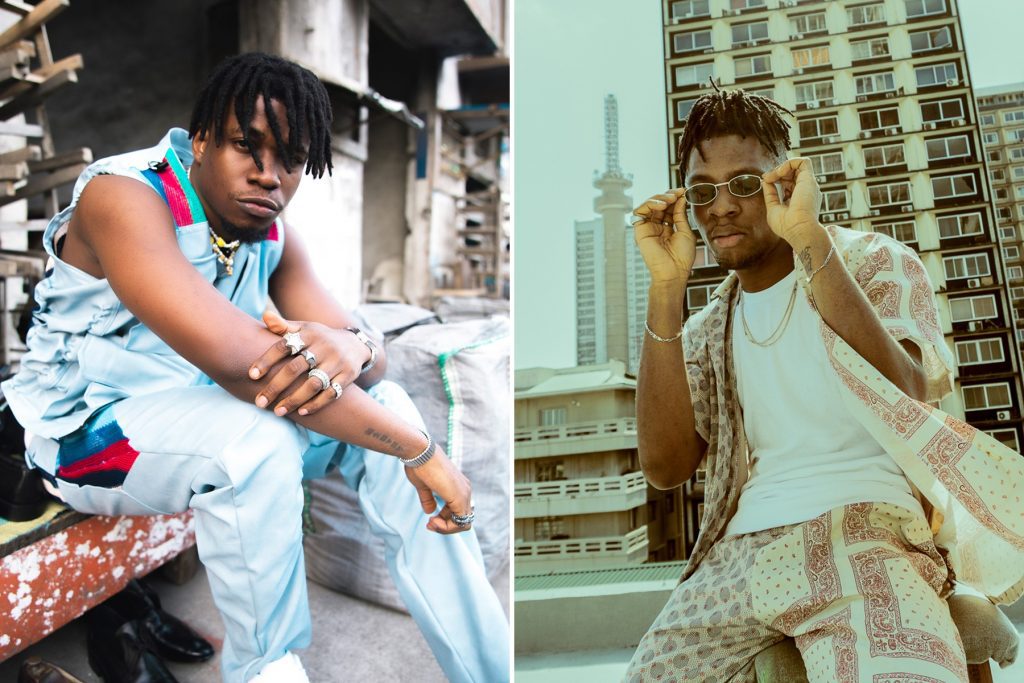
How Nigerian Musicians Are Responding to the Country’s Twitter Ban
On June 4, Nigeria’s federal government indefinitely suspended Twitter in the country — ironically announcing the action on the platform itself. In a tweet thread, the Ministry of Information and Culture cited “the persistent use of the platform for activities that are capable of undermining Nigeria’s corporate existence,” as the motivation for the ban. The reality of it appears much more insidious. On June 2, the site deleted a tweet by Nigerian president Muhammadu Buhari condemning a recent string of attacks on public infrastructure in the country’s southeast region. In the tweet, he evoked Nigeria’s gruesome civil war between Biafran separatists in the east and the military. The conflict ended in 1970 after an estimated three million people, primarily of the Igbo ethnic group, were killed. Buhari — who fought in the army against Biafran secessionists — promised to “treat them in the language they understand,” which many Nigerian Twitter users flagged for its threatening nature.
blogherads.adq.push(function () {
blogherads
.defineSlot( ‘medrec’, ‘gpt-dsk-tab-article-inbody1-uid0’ )
.setTargeting( ‘pos’, [“mid-article”,”mid”,”in-article1″,”mid-article1″] )
.setSubAdUnitPath(“music//article//inbody1”)
.addSize([[300,250],[620,350],[2,2],[3,3],[2,4],[4,2]])
;
});
According to the Daily Beast, an official in the president’s office says the ban is retaliation against Twitter for “embarrassing” him by removing the tweet. Nigeria’s attorney general has called for the swift prosecution of those who continue to use Twitter but has not indicated how they will be identified and punished. To counteract the ban, the Socio-Economic Rights and Accountability Project, a Nigerian non-profit, along with 176 concerned Nigerians, have sued the president in the ECOWAS Community Court of Justice in Abuja, a site of resolving human rights issues in West Africa. “The suspension of Twitter is arbitrary, and there is no law in Nigeria today permitting the prosecution of people simply for peacefully exercising their human rights through Twitter and other social media platforms,” said the plaintiffs.
Twitter has been an invaluable tool for internet-savvy Nigerians to shed light on the abuses they face from the country’s government. Last fall, a mass movement against police brutality and for better governance took off in the country where roughly 40% of people live below both national and international poverty lines. The reckoning was dubbed #EndSARS as it coalesced around the violence towards and exploitation of young people in particular at the hands of the Special Anti-Robbery Squad of the Nigerian police. Through social media platforms like Twitter, Nigerians and allies all over the world mobilized major protests attended by superstar musicians like Wizkid, Davido, Mr. Eazi, and Tiwa Savage. The physical movement fizzled out after, according to eyewitnesses, Nigerian security forces barricaded and shot at protestors at the Lekki Toll Gate in Lagos. A number of protesters were reportedly killed, injured, or disappeared that night. The chaos was even live-streamed on Instagram. Burna Boy commemorated the victims with a song.
Several cultural publications in Western countries reported on #EndSARS because it became a powerful force on social media. Posts from Nigerian artists whose music has become celebrated around the world were particularly impactful. Before Spotify expanded access to most African nations in February, Nigerian mega-musicians Burna Boy, Yemi Alade, Wizkid, Tiwa Savage, Davido, and Mr Eazi collectively earned roughly 25 million monthly listeners on just Spotify alone, indicating an even greater demand worldwide. And since 2016, major music corporations like Sony BMG, Universal Music Group, Warner Music Group, and Audiomack have expanded their West African operations, with Sony, Universal, and Audiomack opening offices in Lagos.
blogherads.adq.push(function () {
blogherads
.defineSlot( ‘medrec’, ‘gpt-dsk-tab-article-inbody2-uid1’ )
.setTargeting( ‘pos’, [“mid-article2″,”mid”,”in-article2″,”mid-article”] )
.setSubAdUnitPath(“music//article//inbody2”)
.addSize([[300,250],[300,251],[620,350],[2,4],[4,2],[3,3]])
.setLazyLoadMultiplier(2)
;
});
The Twitter ban now stands to undercut local artists both professionally and politically. “[Twitter] is a means of livelihood for a large number of people and has been an integral part to promoting the Nigerian entertainment industry, which is one of Nigeria’s biggest and most important exports,” 24-year-old singer Joeboy says via email. Joeboy, a mentee of Mr Eazi whose debut album Somewhere Between Beauty & Magic was released in February, was active in the #EndSARS movement. “Just imagine taking Twitter or social media in general out of the equation during [#EndSARS],” he says. “The unfortunate events that transpired during that period could have easily been different and worse for we citizens that were just demanding for our civil rights. Asking for basic human rights and a sustainable environment for Nigerians to thrive is not rebellion, it’s our democratic right.”
King Perryy is another burgeoning Nigerian act whose debut album, Citizen of the World, just dropped in late April. Via email, the 27-year-old is energized and direct. “The President made a genocidal statement,” he says plainly. “It is a sad thing to say but it simply paints the picture of the life of the average Nigerian, especially the young ones. There is a constant struggle between the ruling class and proletariat and this struggle has seen the former employ the worst form of highhandedness to silence the latter.”
While the explosion of Afrobeats worldwide is a seemingly positive development, the contrast between Nigeria’s cultural output and its internal politics couldn’t be starker. “Back in 2019, someone on Twitter joked about Nigeria having nothing working in it except jollof rice and Afrobeats and it was funny back then,” King Perryy says. “Problem is, that joke is our reality right now.”
In order to access Twitter, Nigerians must now use VPNs, or virtual private networks. They allow users to surf the web anonymously and with encryption. Many Nigerians are already bypassing restrictions and tweeting freely. But should the government come down harder on those who violate the ban, free speech and democracy will be even more stifled in the turbulent country. A vital tool for holding the powerful accountable in Nigeria will be in jeopardy. For the country’s young people, the stakes have never been higher. Nationwide protests are already planned this weekend in response to rampant kidnapping and killing — especially of young students — in Nigeria. This is the work that social media can broadcast to the world.
blogherads.adq.push(function () {
blogherads
.defineSlot( ‘medrec’, ‘gpt-dsk-tab-inbodyX-uid2’ )
.setTargeting( ‘pos’, [“mid”,”mid-articleX”,”in-articleX”,”mid-article”] )
.setSubAdUnitPath(“music//article//inbodyX”)
.addSize([[300,250],[300,251],[3,3],[620,350]])
.setLazyLoadMultiplier(2)
;
});
“The best governments today are products of the people’s resistance to the oppressive mechanisms of the state,” King Perryy says. “The importance of pushback from the people cannot be overemphasized. For anyone to have any sort of hope in this country, something drastic has to happen and it has to happen right now.”
